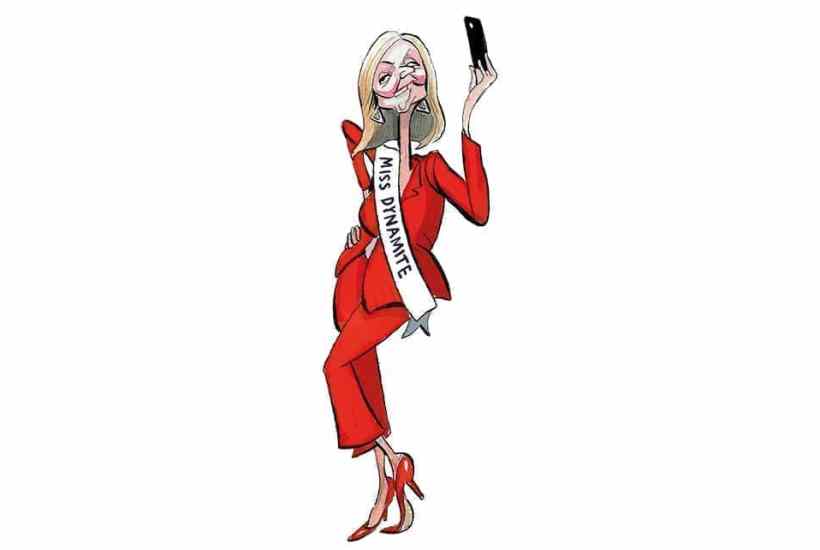It is not easy to feel sorry for Liz Truss. She has a deeply unattractive streak of vanity – when in the Foreign Office, she seemed more interested in posing for the official photographers who trailed her round than she did in building relationships with the places she visited. She campaigned hard and sometimes dirty to obtain a job for which she was manifestly out of her depth.
Already a subscriber? Log in
Subscribe for just $2 a week
Try a month of The Spectator Australia absolutely free and without commitment. Not only that but – if you choose to continue – you’ll pay just $2 a week for your first year.
- Unlimited access to spectator.com.au and app
- The weekly edition on the Spectator Australia app
- Spectator podcasts and newsletters
- Full access to spectator.co.uk
Or





















Comments
Don't miss out
Join the conversation with other Spectator Australia readers. Subscribe to leave a comment.
SUBSCRIBEAlready a subscriber? Log in